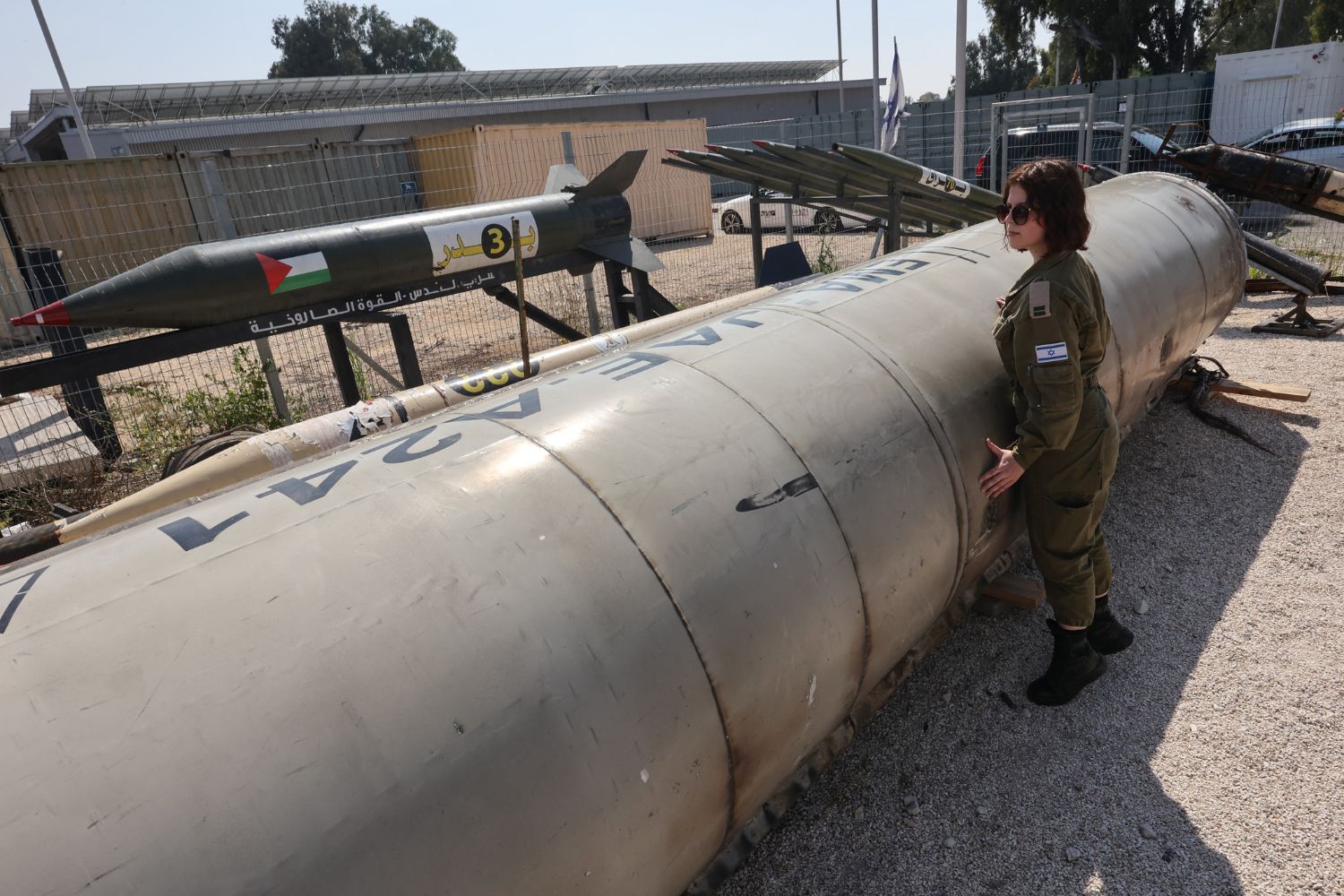Iran has continued to play down what sources initially described as an Israeli air attack on one of its cities last week. Iranian media and officials described a small number of explosions, which they say resulted from air defences hitting three drones in the central city of Isfahan. They referred to the incident as an attack by “infiltrators”, rather than by Israel.
A senior Iranian official told Reuters there were no plans to respond against Israel for the incident. But despite these latest developments, commentators have suggested that lessons can be learnt. Elias Zananiri is a Palestinian veteran journalist who has held several senior positions in the Palestine Liberation Organisation as a political advisor and media consultant over the past two decades.
He draws sharp attention to Iran’s attack where drones and missiles were launched against Israel. Almost all were shot down by Israel’s air defences and a number of other countries who participated in defending the state. But Zananiri says: “Whether we like it or not, Iran became a key player that can no longer be ignored after its missile strike on Israel. One must not mix things up at all. Iran did not attack Israel for the eyes of the Palestinian people or in defence of the Palestinian cause.
Nor did it launch its missiles on behalf of Hezbollah, Syria, or the Houthis in Yemen. It did so motivated by its political strategy of shattering Israel’s hegemony in the Middle East skies. From now on, Israel’s Air Force must understand that a tough new player has joined the race for aerial superiority in the region.” However, while recognising the military might of Iran, Middle East expert Yoni Ben-Menachem says Iran still played down what has initially reported to be Israel’s response.
He says if Iran admits that Israel did indeed attack the city, then it needs to retaliate – but the country doesn’t want to do that.
However, Ben-Menachem says “there is no doubt that Israel is superior in the air and with air defence. But Iran has ballistic missiles that can hit Israel in 12 minutes”. In the meantime, Israel has not commented following the reports of explosions over Isfahan last week.
A number of other developments have also occupied news headlines concerning the Middle East. This includes the resignation of Israeli military’s intelligence chief Major General Aharon Haliva. He has taken responsibility for the intelligence failures before Hamas’s attack on Israel on 7 October 2023.
More than 1200 people were killed when Hamas militants poured into Israel, killing men, women and children.
In a letter, Haliva acknowledged that his intelligence directorate “did not live up to the task we were entrusted with”. He is the first senior figure to step down over the attack, which was the deadliest in Israel’s history.
ALSO READ: Israel responds to Iran’s drone and missile attack













